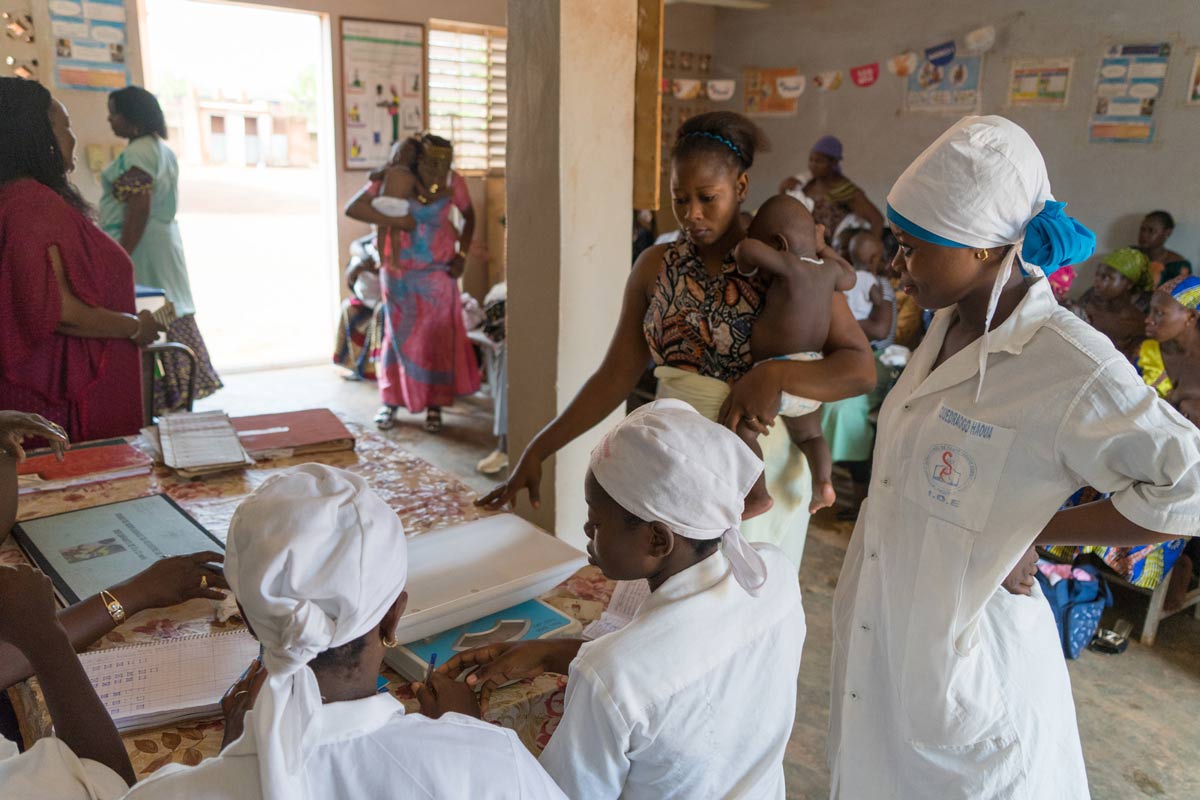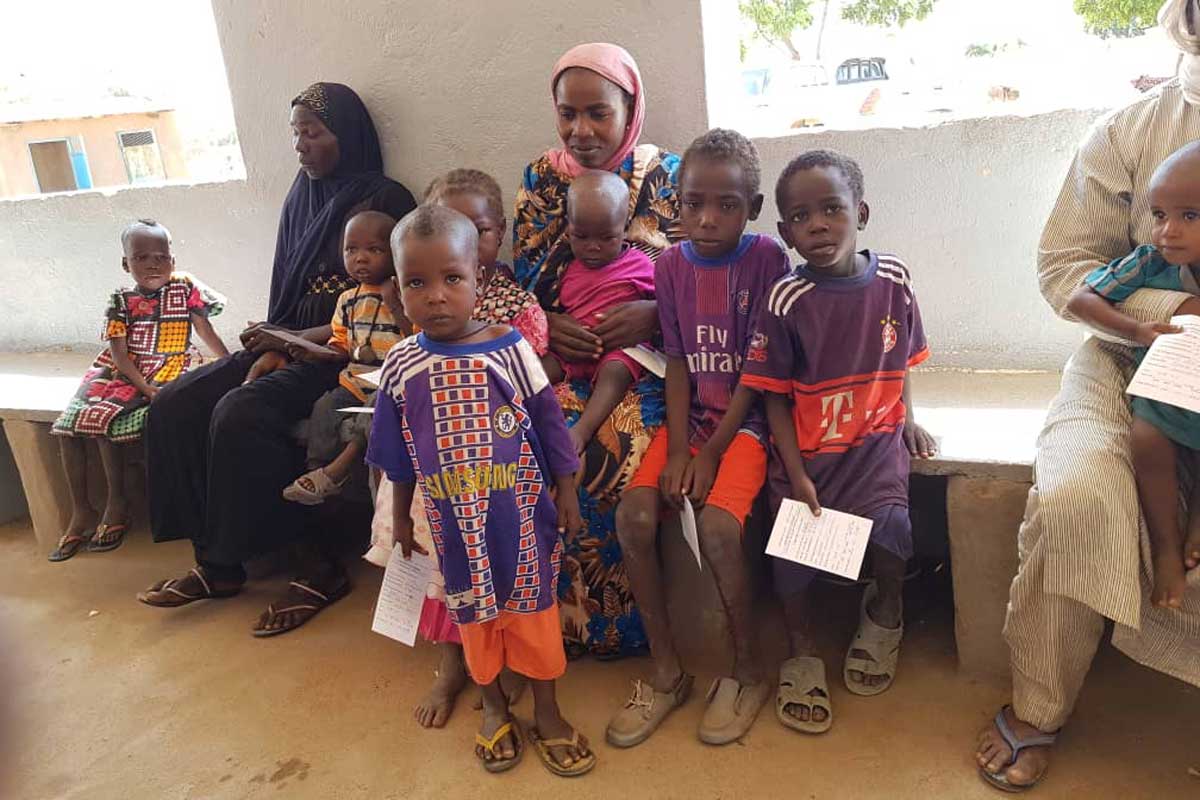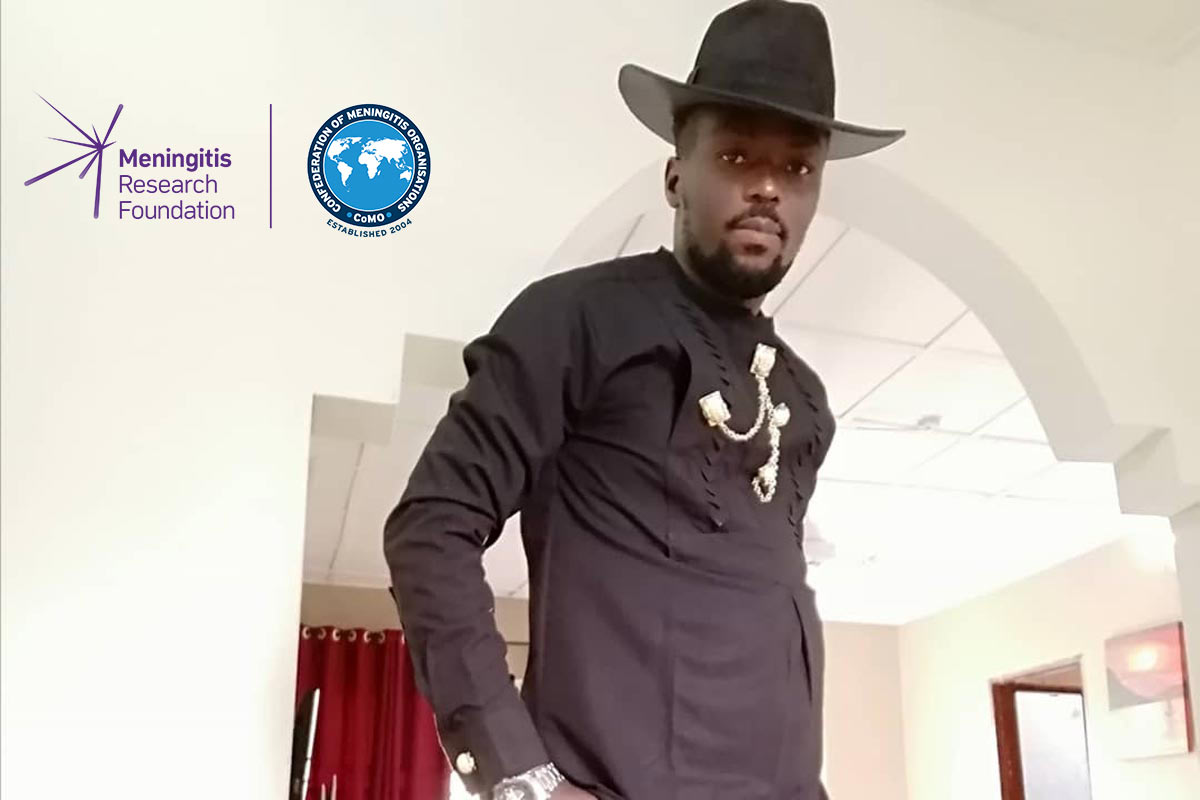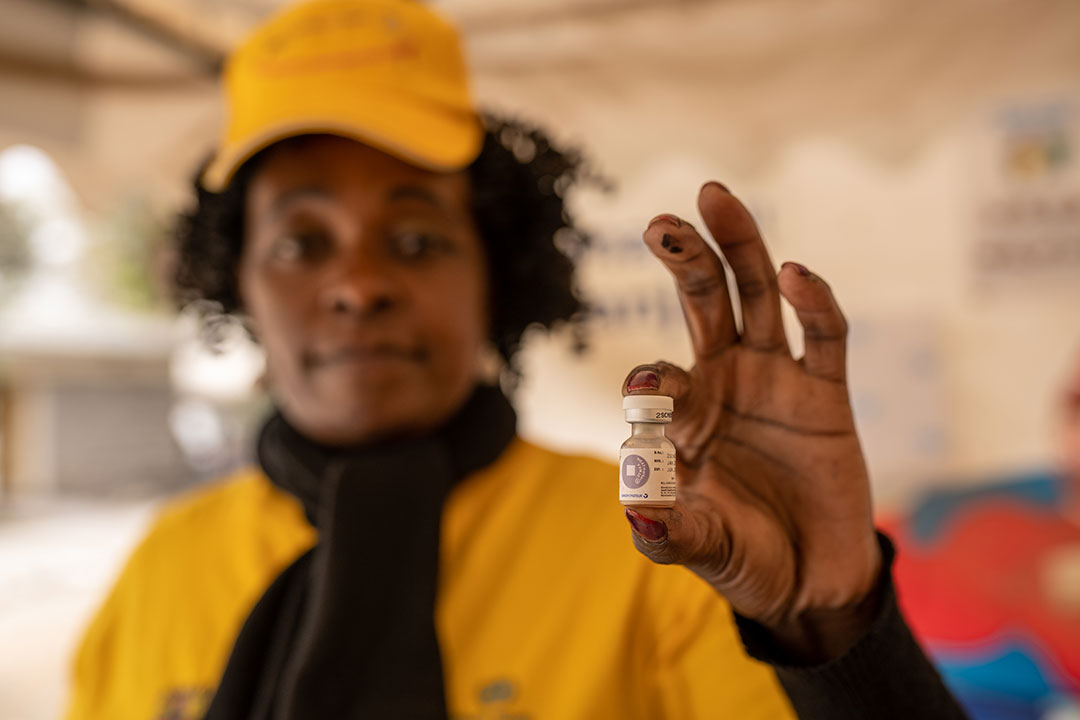Meningitis: a VaccinesWork guide
This week, VaccinesWork is spotlighting meningitis, which affects more than 2.5 million people a year. Vaccines have the potential to make a big dent on those numbers - stick around to learn how.
- 30 September 2024
- 4 min read
- by Maya Prabhu , James Fulker

"When you live through one of these meningitis epidemics in Africa, it sears your soul," infectious disease specialist Dr Marc LaForce told VaccinesWork in 2023.
In 2006, in Burkina Faso – one of 26 countries in the especially vulnerable so-called “meningitis belt” that stretches from Senegal to Ethiopia – LaForce had been a front-row witness to one of the major outbreaks that swept through the region every five to 12 years.
A single one of these periodic, but otherwise weirdly unpredictable, epidemics could sicken hundreds of thousands. The 1996–1997 outbreak was the largest on record, claiming at least 25,000 lives, and leaving many others to cope with enduring complications.
Meningitis is an effect, rather than a cause, of infection: it’s an inflammation of the membranes and fluids that encase the brain and spinal cord. A variety of pathogens, including viruses, fungi or parasites, can precipitate it, but the most common and most deadly forms of meningitis are caused by bacteria.
Around one in six people who fall sick with bacterial meningitis die – sometimes within just 24 hours of first symptoms. One in five survivors lives on with enduring disabilities, which can include hearing loss, vision or speech difficulty and the loss of limbs following amputation, among many others.
The good news is that we have vaccines for a growing number of the worst culprits of meningitis-causing infection, and vaccines’ impact so far has been nothing short of transformational.
In late 2010, a new jab called MenAfriVac, protective against the serogroup A meningococcus bacterium, began to roll out in Burkina Faso.
“Between December 2010 and June 2011, we went from a lot of meningitis cases to practically zero," LaForce said.
Meningitis A was responsible for about 80–85% of the epidemics ravaging the meningitis belt: the success of the vaccine had profound significance. By April 2021, 24 of the 26 countries in that worst-hit “belt” had conducted mass campaigns, and the incidence of serogroup A meningitis was down by more than 99%.
Meningitis A vaccines are not fighting off meningitis alone. The Hib vaccine, which is commonly administered to kids as part of the basic five-in-one pentavalent or six-in-one hexavalent jab, has dropped rates of severe infection by more than 90% in countries where it now rolls out as routine.
We have good pneumococcal conjugate vaccines (PCVs) that protect against many of the most troubling serotypes of pneumococcal disease. We are getting closer to a vaccine for Group B streptococcus, which causes some 150,000 infant deaths a year.
Earlier this year, after an outbreak caused by serogroup C meningococcus bacteria tore through northwest Nigeria, Gavi supported the first-ever deployment of the new Men5CV (MenFive) vaccine, which protects against five groups of meningococcus bacteria that can cause meningitis epidemics: A, C, Y, W and X.
The World Health Organization (WHO) has resolved to defeat meningitis by 2030. That’s a big job, and Gavi has a big role to play in it. But Gavi needs funding.
The Vaccine Alliance is raising US$ 9 billion to pay for all its activities – buying vaccines, rolling them out, shoring up health systems, and helping to incubate great new vaccine technologies – in the five-year period spanning 2026–2030.
Read more about Gavi’s next chapter here. After that, please come back and read our favourite meningitis stories:
How Africa defeated meningitis A
In just about a decade, MenAfriVac eliminated what was the leading cause of bacterial meningitis in Africa, the driver of periodic, large-scale, harrowing epidemics. New vaccines covering other major strains could go further still.
Bacterial meningitis 101: the disease and the vaccines
Meningitis is fatal in up to half of cases when left untreated, but vaccines have almost entirely eliminated outbreaks of some of the causative bacteria in certain parts of the world.
Five things you need to know about the world’s latest weapon against bacterial meningitis
The Men5CV (MenFive) pentavalent meningitis vaccine could help eliminate a leading cause of neurological disease and disability in sub-Saharan Africa.
"We could save millions of lives lost to meningitis – but we need more awareness and better funding"
The head of the Meningitis Research Foundation explains new research findings showing that tackling the disease means more awareness and more funding.
Cloudy with a chance of meningitis: using the weather to predict outbreaks in Africa
New vaccines are not the only scientific innovation that can make a difference in the fight against meningitis. A group of groundbreaking African researchers are using weather patterns to predict outbreaks across the continent’s meningitis belt. Could this approach work for other killer diseases?
More from Maya Prabhu
Recommended for you







